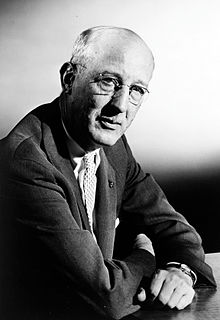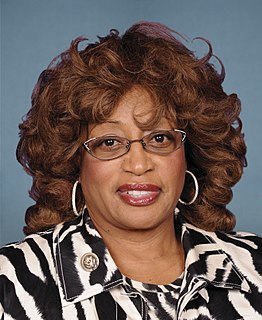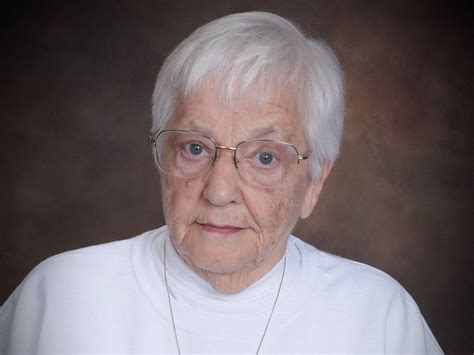A Quote by Bruce Catton
What began as a bitter dispute over Union and States' Rights, ended as a struggle over the meaning of freedom in America. At Gettysburg in 1863, Abraham Lincoln said perhaps more than he knew. The war was about a new birth of freedom.
Related Quotes
Until the early 90s, when I was working on a project about the idea of free will in American philosophy. I knew that Lincoln had had something to say about "necessity" and "fatalism," and so I began writing him into the book. In fact, Lincoln took over. I wrote instead 'Abraham Lincoln: Redeemer President,' in 1999, and I've splitting rails with Mr. Lincoln ever since. If there's a twelve-step process for this somewhere, I haven't found it yet.
The perfection of our union, especially our commitment to equality of opportunity, has been a story of constant striving to live up to our Founding principles. This is what Abraham Lincoln meant when he said, 'In giving freedom to the slave, we assure freedom to the free - honorable alike in what we give, and what we preserve.'
America touts itself as the land of the free, but the number one freedom that you and I have is the freedom to enter into a subservient role in the workplace. Once you exercise this freedom you’ve lost all control over what you do, what is produced, and how it is produced. And in the end, the product doesn’t belong to you. The only way you can avoid bosses and jobs is if you don’t care about making a living. Which leads to the second freedom: the freedom to starve.
We are resolved to protect individual freedom of belief. This freedom must include the child as well as the parent. The freedom for which we stand is not freedom of belief as we please,... not freedom to evade responsibility, ...but freedom to be honest in speech and action, freedom to respect one's own integrity of thought and feeling, freedom to question, to investigate, to try, to understand life and the universe in which life abounds, freedom to search anywhere and everywhere to find the meaning of Being, freedom to experiment with new ways of living that seem better than the old.
We talk about spreading democracy and freedom all over the world, but they are to us words rather than conditions. We haven't even got them here in America, and the farther we get into this war the farther we get away from democracy and freedom. Where is it leading us to, and when will it end? The war might stop this winter, but that is improbable. It may go on for fifty years or more. That also is improbable. The elements are too conflicting and confused to form any accurate judgment of its length. There may be a series of wars, one after another, going on indefinitely.







































